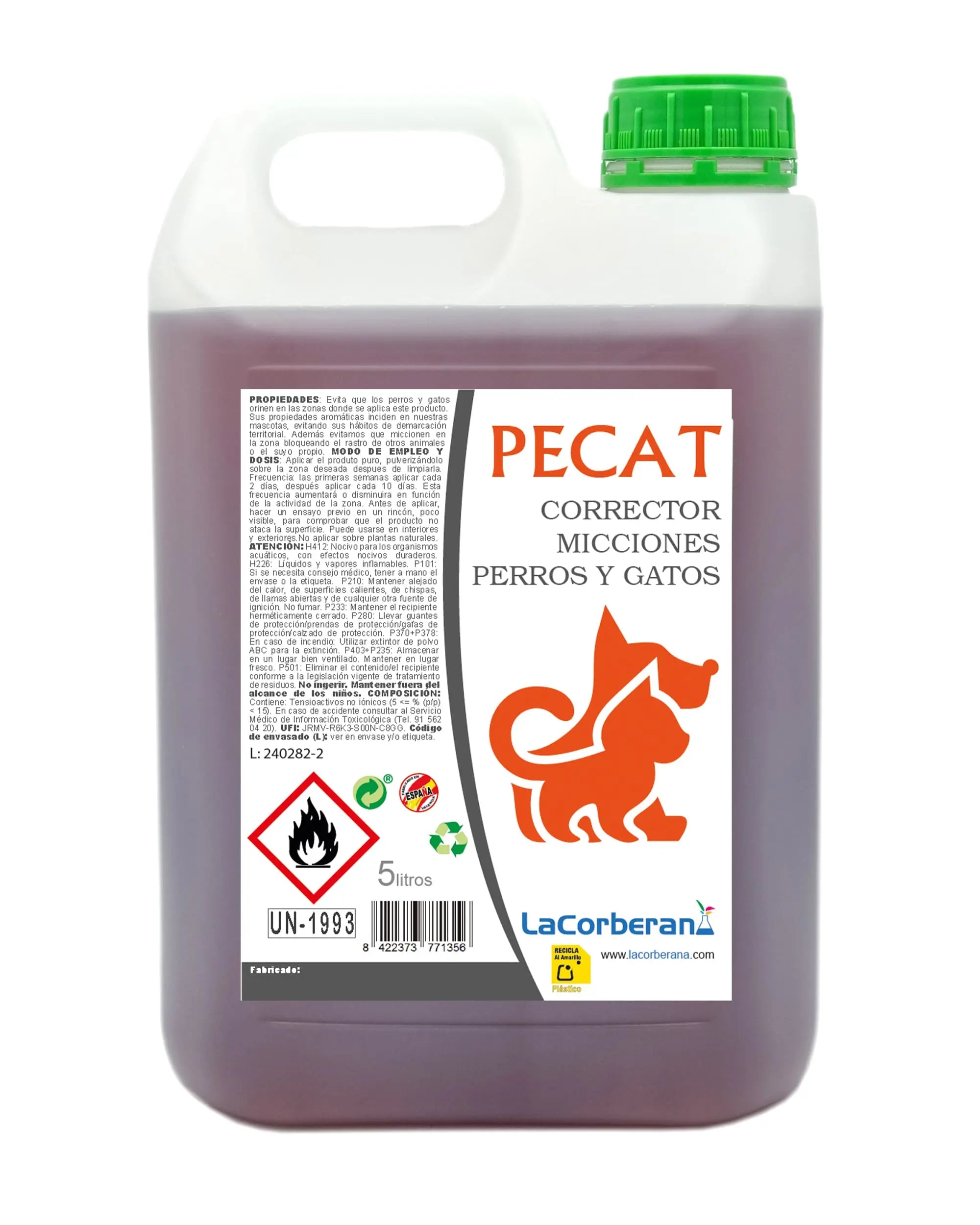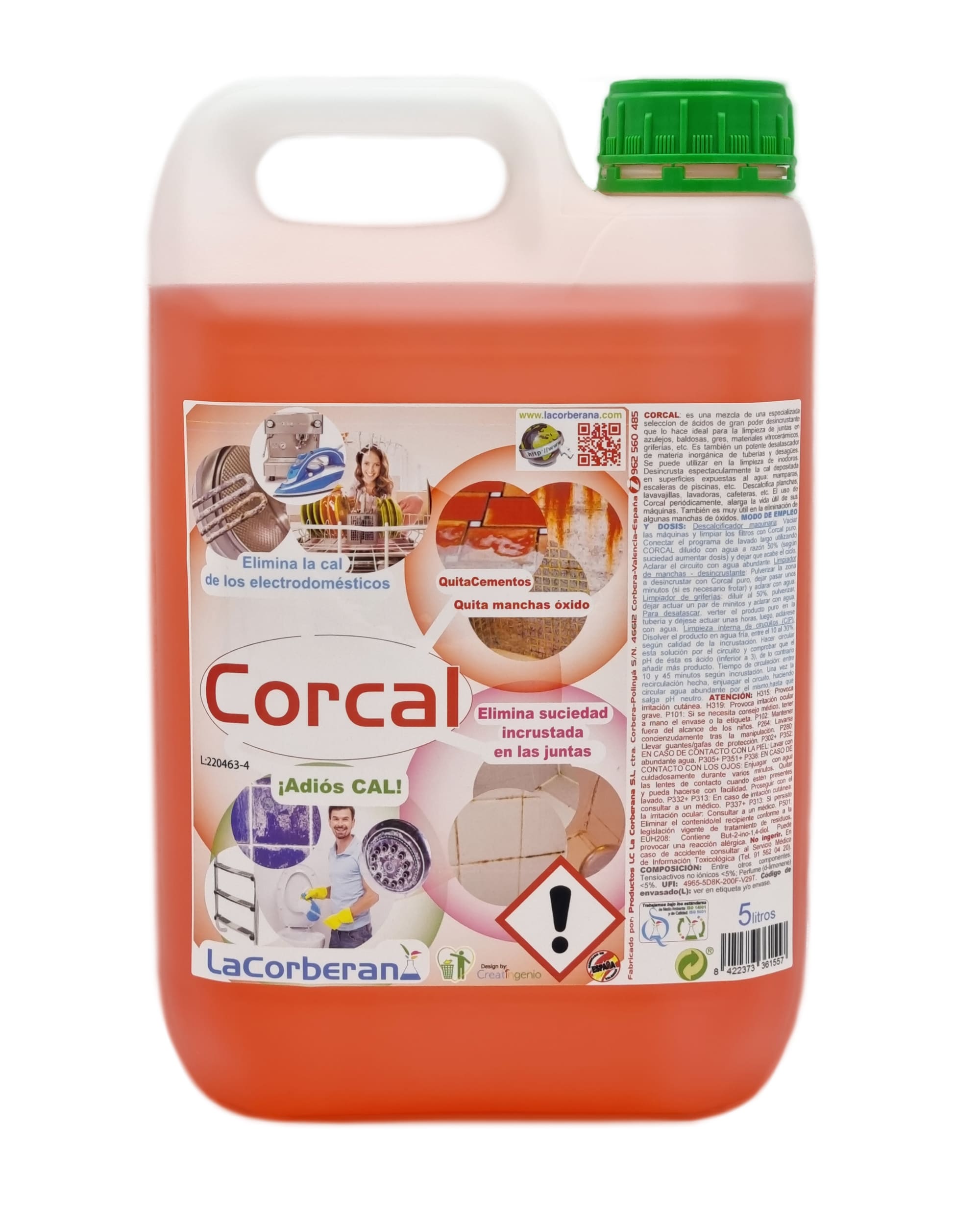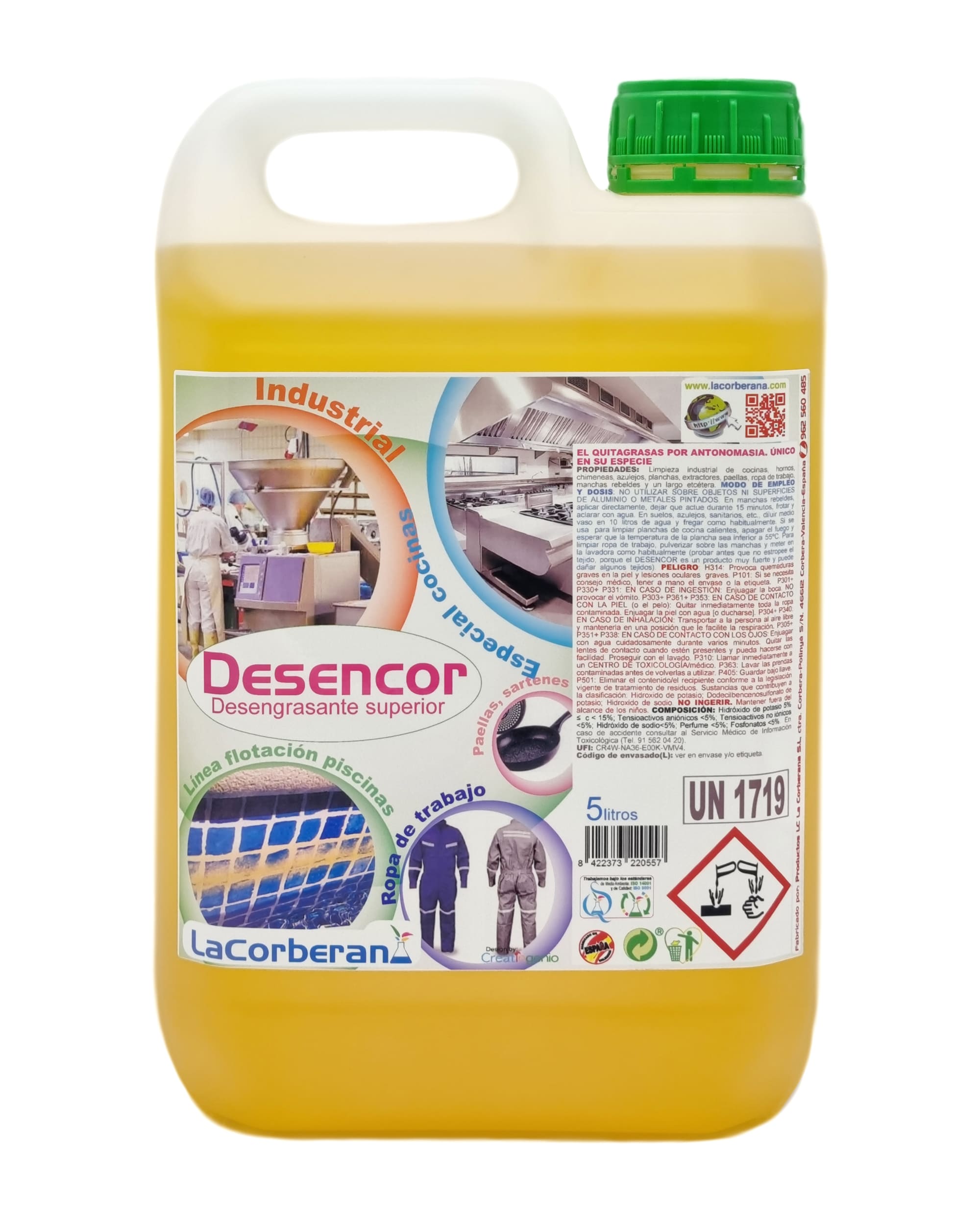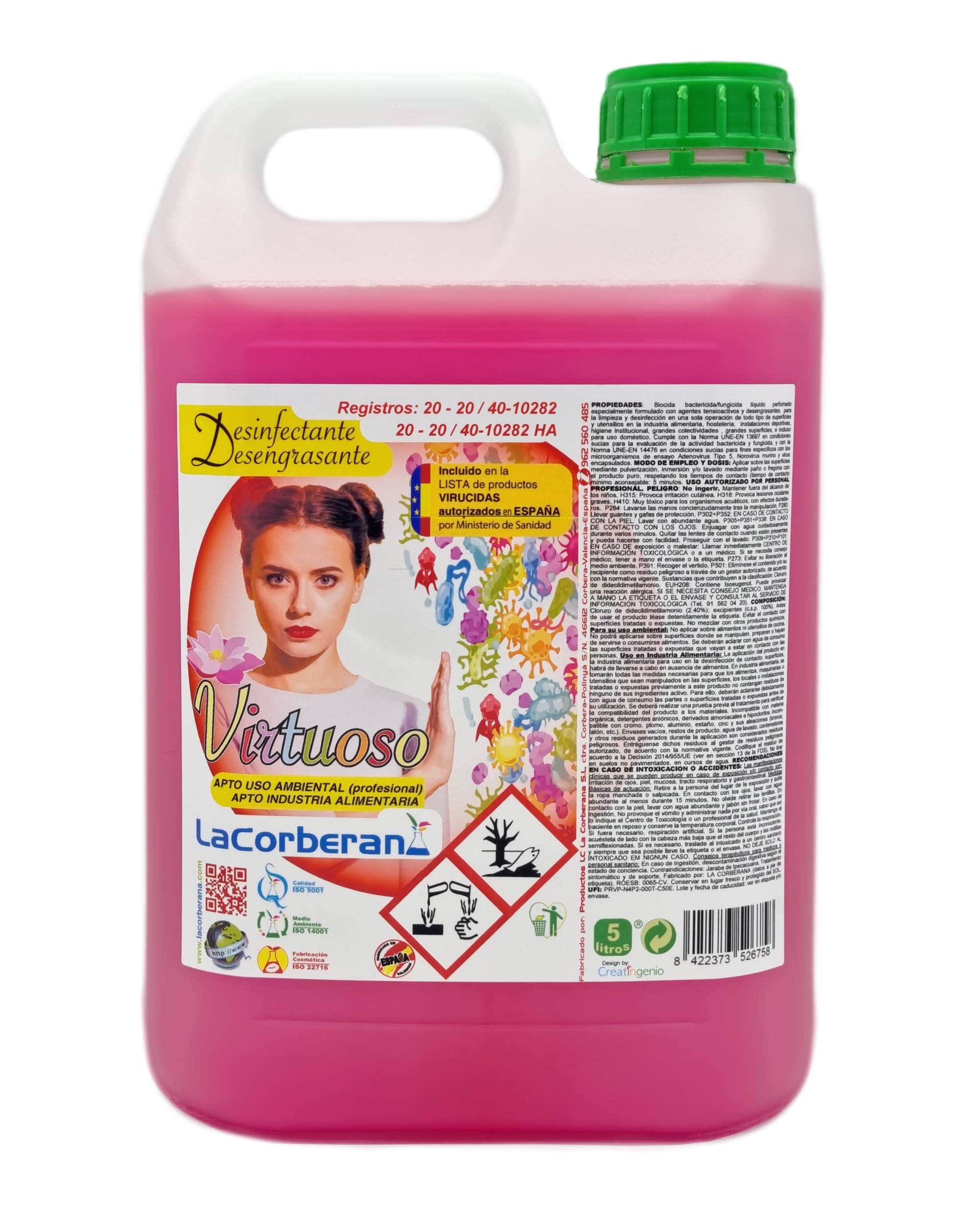When it comes to pool maintenance, water quality is everything. But even if you use the right products, their effectiveness can be compromised if they're past their expiration date. Yes, pool products also have expiration dates , and using products past their expiration date can affect not only the cleanliness of the water, but also the safety of swimmers and the condition of the facility.
In this article, we explain how long the most common pool products last, how to tell if they've expired, and how to store them properly to prevent them from losing their effectiveness.
Why does expiration matter?
Many pool chemicals, such as chlorine or pH regulators, lose their potency over time. Some simply cease to be effective; others can become unstable and create unwanted residue in the water. In all cases, these are products designed to work precisely, and their expiration date directly impacts their performance .
Lifespan of major pool products
Below is a detailed review of each essential product and its approximate lifespan:
1. Chlorine (liquid, tablets or granules)
Estimated duration:
-
Liquid: 6 months to 1 year.
-
Tablets/granules: up to 2 years if stored properly.
Signs of expiration: loss of strong odor, difficulty dissolving, or loss of disinfection effectiveness.
Tip: Keep it tightly closed, away from moisture and sun.
2. Flocculants
Estimated duration: between 1 and 3 years.
Signs of expiration: phase separation (in the case of liquids), color changes, or loss of effectiveness when clarifying the water.
Tip: Keep containers tightly closed and protected from heat.
3. Pool descalers
Estimated duration: between 1 and 2 years, depending on the formulation.
Signs of expiration: phase separation, sediment formation, or loss of effectiveness when removing limescale from walls, stairs, or filtration systems.
Tip: Keep the container tightly closed and away from alkaline or chlorine-based products, as they can react with each other. Store upright and in a well-ventilated area.
4. pH correctors
Estimated duration:
-
Liquids: 1 year.
-
Solids (granulated or powdered): up to 2 years.
Signs of expiration: crystallization, lumps, or difficulty dissolving.
Tip: Close containers tightly after each use and prevent them from absorbing moisture.
5. Anti-algae
Estimated duration: 1 to 2 years.
Signs of expiration: cloudy color, bad odor, or ineffectiveness when applied.
Tip: Do not mix with other products and store away from light.
6. Bromine
Estimated shelf life: up to 1 year if stored under optimal conditions.
Signs of expiration: change in color or formation of lumps, as well as loss of disinfectant capacity.
Tip: Store in a dry, cool, and well-ventilated place.
7. Wintering product
Estimated duration: 2 years.
Signs of expiration: excessive sedimentation, separation of components or loss of anti-algae action.
Tip: Always check it before using it again at the start of the season.
What happens if you use expired products?
-
Cloudy or greenish water.
-
Chemical imbalance that can damage filtration systems.
-
Increased consumption of products to compensate for the loss of effectiveness.
-
Risk to the health of users.
Tips for keeping pool products in good condition
-
Store all products in a dry, ventilated place and out of direct sunlight .
-
Keep containers tightly closed and in their original packaging .
-
Never mix different products in the same container.
-
Label with the opening date if the package does not indicate it.
-
Avoid storing them near sources of heat or moisture (such as boiler rooms or uncovered gardens).
In summary
The effectiveness of pool products depends not only on their quality, but also on their condition and durability . At La Corberana , we offer a full range of professional chemical solutions for water care. If you're looking to keep your pool in perfect condition year-round, contact us to place your order and ensure you're always working with fresh, effective products.





